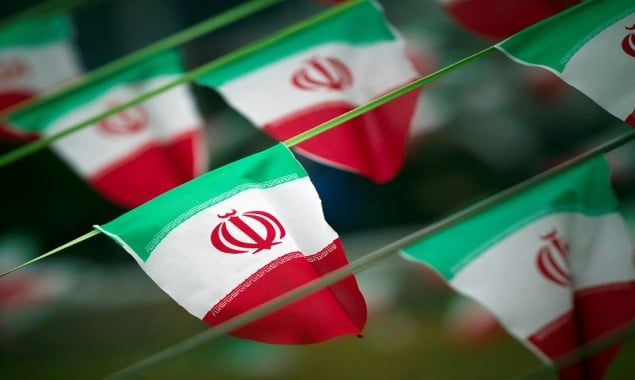
Iran begins registering individuals hoping to contest presidential election
Iran on Tuesday opened registration for potential candidates in June presidential election, kicking off the race amid the escalating tensions with the West over the nuclear deal.
According to the media reports, it will be the thirteenth presidential election in Iran.
The registration process started at 8:00 a.m. local time at the headquarters of the Interior Ministry in Tehran, with the presidential hopefuls having until Saturday to turn up at the venue and hand in their credentials.
After the registrations get completed, the documents will then be delivered to the Constitutional Council, which is in charge of examining the credentials and deciding, based on constitutional requirements, which hopefuls are competent enough to run for president.
The vetting body will release a final list of approved presidential candidates on May 26-27, ending weeks of speculation about who will and will not cross the threshold.
Whoever wins the June 18 vote will take over from Hassan Rouhani, whose two four-year terms began with Iran reaching the nuclear deal.
His time in office now draws to a close with the accord unraveled after the U.S. unilaterally withdrew from it under President Donald Trump in 2018.
The president of Iran is elected via a two-round system for a four years term renewable only once.
It is the country’s highest directly elected official, the chief of the executive branch, and the second most important position after the Supreme Leader who is head of state of Iran and the most powerful and influential person in Iranian politics and can dismiss the President.
Duties are similar to heads of governments in other countries, except that the armed forces, chief judiciary system, state television, and other key governmental organizations such as Guardian Council and Expediency Discernment Council are all under the control of the Supreme Leader.
It is also an informal custom that cabinet ministers for sensitive departments like Foreign Relations, Defense, Interior, Justice, and Intelligence are coordinated with the Supreme Leader.
Read More News On
Catch all the International News, Breaking News Event and Latest News Updates on The BOL News
Download The BOL News App to get the Daily News Update & Follow us on Google News.




